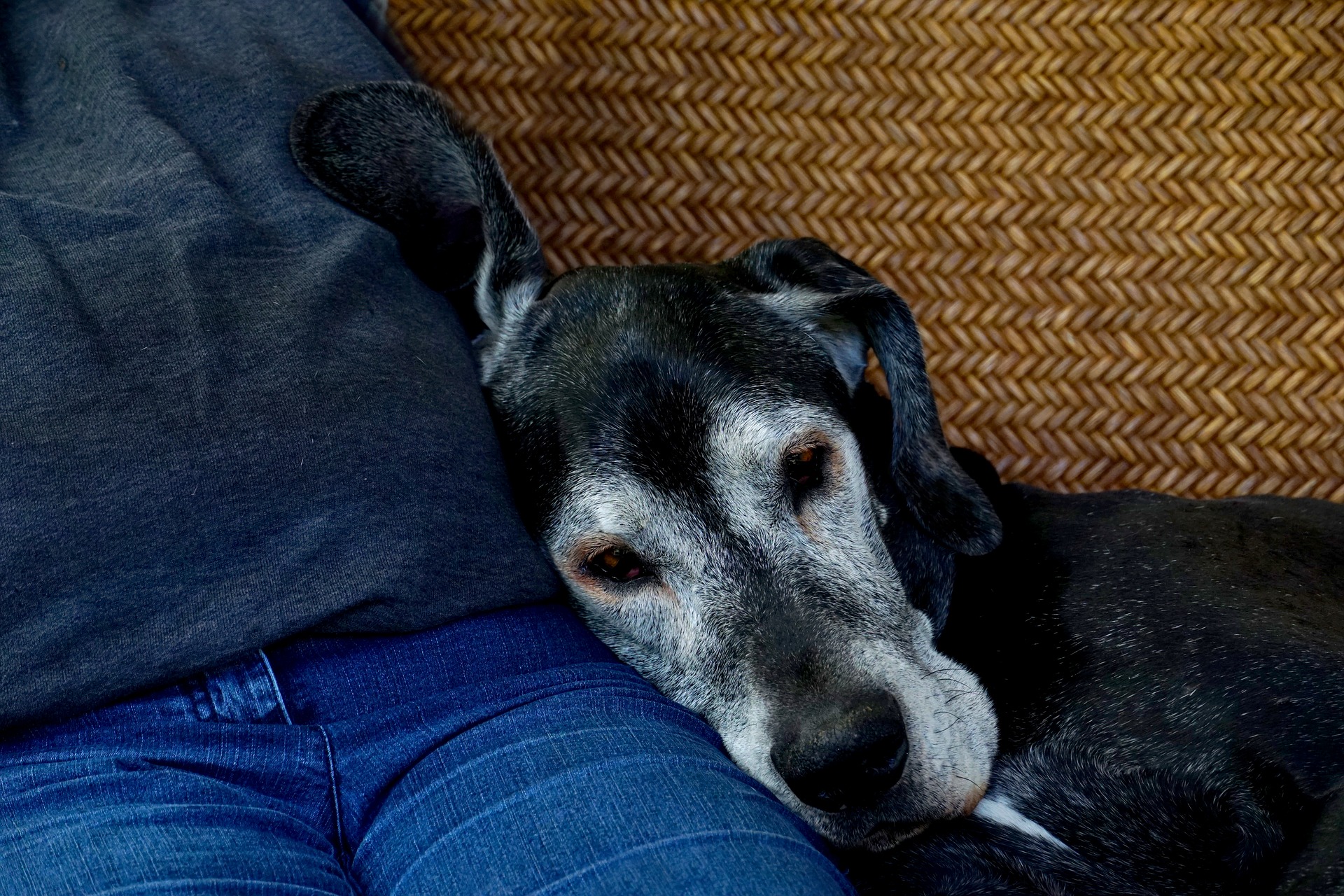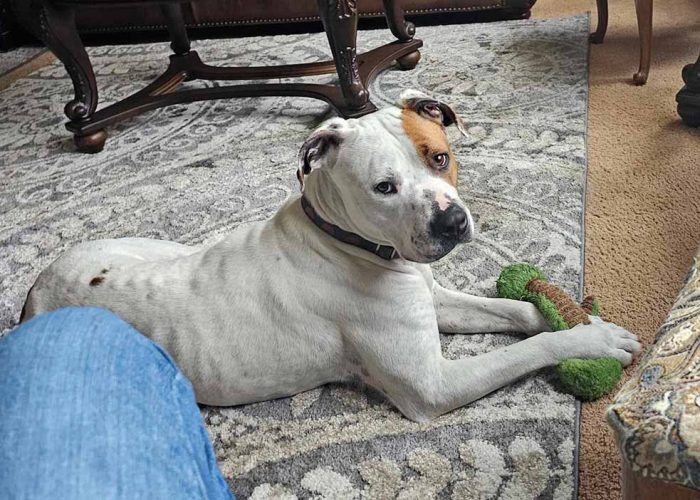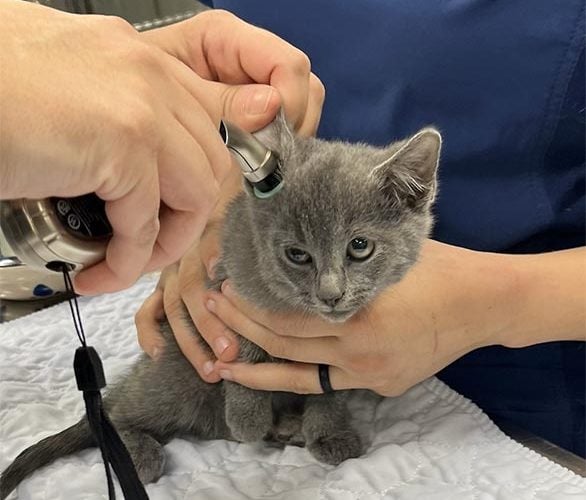“Old age does not announce itself.” — South African proverb
You don’t expect it. After years of companionship, something’s different about your furry friend. They move differently. They slow down a little bit.
It’s time to face it; your pet’s getting older.
PET AGING
Used to be that you could easily figure out your dog’s “real” age by multiplying how old they were in human years by 7. We now know that that’s not really the case by studying canine DNA; they actually grow older much faster than humans on a molecular level. After all, a one-year-old dog can’t be equivalent to a seven-year-old human because she can already have puppies. Want to know how to figure out your pet’s age? The formula looks like this:
16 x ln(dog’s age) + 31 = human age
Not quite as simple, is it? At least not without a scientific calculator or an understanding of how to find the natural logarithm (I have neither). The formula shows us that by the time they’re one year old, a dog is roughly 30. By the age of five? 60.
For cats? There’s no hard and fast formula to use, but the vets over at Purina suggest that the first year of a cat’s life puts them at about 25 human years, and that each year that passes after that accounts for about 4 years.
So no matter whether you’ve got a cat or a dog, those senior days might come sooner than you think.
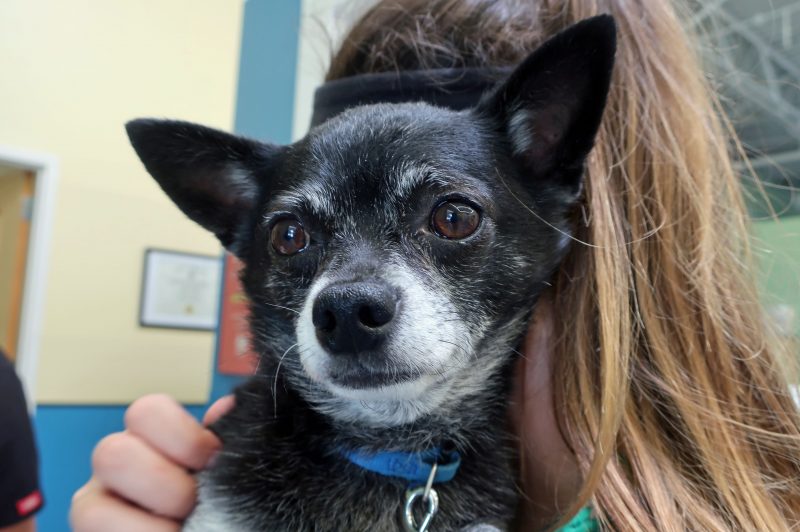
“Old age doesn’t come alone.” — Scottish proverb
That means that you need to be prepared. How? With knowledge, of course.
Here’s the big things to worry about as your pets get older:
- Vision loss – watch for the appearance of their eyes changing (cloudiness, dilated or constricted pupils, squinting)
- Hearing loss – watch for them startling more easily. Can you sneak up on them from behind? Are they still reacting to things like the doorbell like they used to?
- Joint problems/arthritis – this is the main cause of chronic pain in older pets. Watch for issues with mobility and getting up/down. This ties in pretty well into into our next concern
- Obesity – older pets don’t have the same dietary needs as younger pets, so if you’re still feeding them like they’re puppies, you’re going to end up with a chunky friend on your hands, and that’s no good for their joints or their general well-being.
- Dementia – as with humans, sometimes older pets end up with cognitive dysfunction, which can begin subtly, but eventually manifests as disorientation and confusion.
- Cancer – older pets have more growths and tumors generally speaking than younger pets, so keep an eye out, and definitely check with your full-service vet if you see anything new or unusual.
- Heart problems – Heart problems are more common in pets as they get older, especially congestive heart failure. Keep an eye out for coughing, difficulty breathing, exercise intolerance, loss of consciousness and unexplained vomiting, as these are all signs of possible heart disease.
- Gastrointestinal issues/incontinence – this one’s pretty straightforward. Vomiting or diarrhea should be paid attention to. Gastrointestinal issues aren’t always serious issues, but they can point to other problems, such as kidney failure
- Kidney issues – kidney disease is fairly common in older pets, especially cats. Keep an eye on how much they’re drinking and urinating, and get your pet’s blood work done at least once a year so that your vet can keep tabs on how their kidneys are functioning.
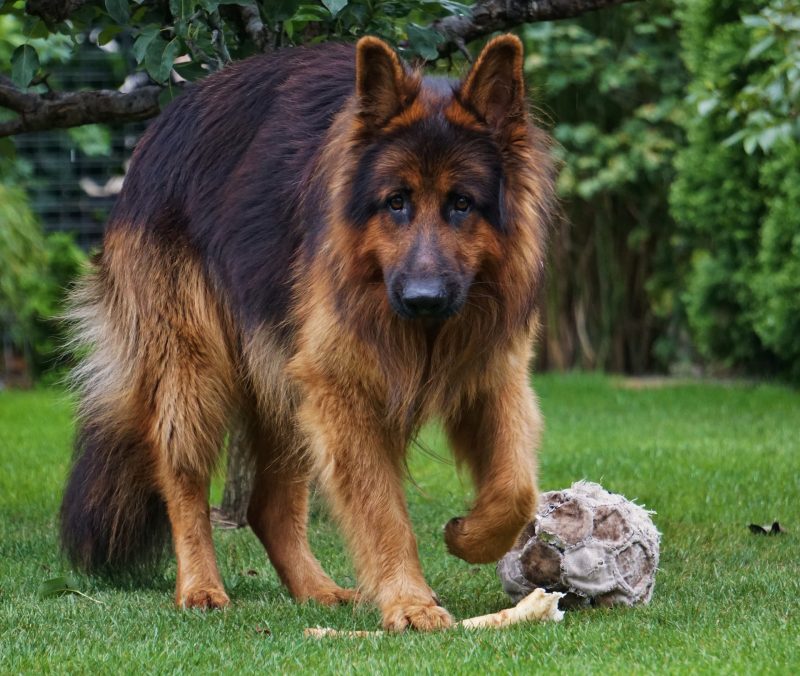
“Grow old along with me! The best is yet to be…” — Robert Browning
Okay, that’s all the bad stuff that could happen, but what about the good stuff that will happen? Well, that’s everything that’s not listed above. Senior pets are great! They’ve settled into themselves and know what they’re about. They don’t generally have the energy of a puppy, so there’s not as much of a need to find things for them to do at every moment. They just want to be who they are. And the best part about adopting a senior pet is that you’re giving them a loving home for the rest of their days. A shelter’s no place for a senior pet (well, any pet, really, but we digress).
If you’ve got a senior pet at home, you already know how awesome they are. This article has some great tips for making your home as comfortable as possible for a senior pet. If you’re looking to give a senior pet a loving home, here are some things to remember:
1) Exercise, but not too much: Senior pets need activity just like younger pets, only not quite as much. It not only keeps their bodies healthy, but gives them enrichment, keeping their minds active as well.
2) Food: Some foods are specially formulated for seniors, with things like glucosamine added for extra joint strength. It’s important not to overfeed, as it can lead to obesity and joint problems.
3) Checkups: Having a regular vet is pretty important. Apart from getting baseline measurements for your senior pal, they can more quickly and easily diagnose issues like cancers. Once or twice a year is your best bet at catching problems early enough that you and your vet can find solutions together.
Senior pets, just like humans, have lived long full lives and deserve the best. Providing a loving, caring home is one of the best things you can do for them. And with special care and proper vet visits, their later years might end up being their best yet.
